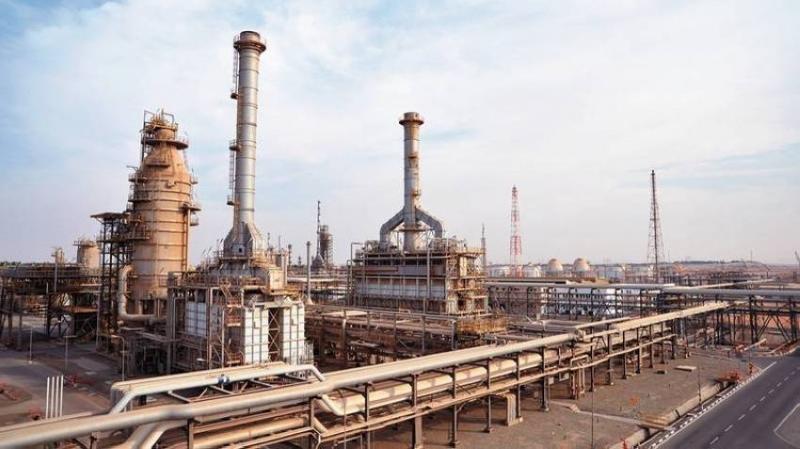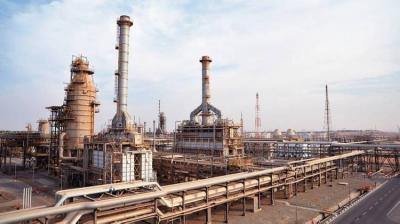The United Arab Emirates stated that countries participating in the upcoming UN climate negotiations, which it will host in December, should agree on "phasing out fuel emissions gradually rather than halting the production of oil, gas, and coal." Sultan Al Jaber, the head of COP28 in the UAE, confirmed that "the oil and gas sector needs to gradually eliminate methane emissions by 2030," emphasizing that "addressing this issue requires investment in technology and a gradual shift to sustainable alternatives that do not produce carbon emissions."
In a recent interview with Reuters, UAE Minister of Climate Change and Environment, Mariam Almheiri, expressed that "phasing out fossil fuel production gradually would harm countries that depend on its revenues or cannot easily switch to renewable sources." She supported "gradually eliminating fossil fuel emissions using capture and storage technologies while promoting the use of renewable energy. This strategy allows countries to combat global warming while continuing to produce oil, gas, and coal."
Speaking on the sidelines of the "Climate Agricultural Innovation Summit" in Washington, Almheiri noted, "The renewable space is advancing and accelerating rapidly, but we are still far from being able to say that we can stop fossil fuels and rely solely on clean and renewable energy." She highlighted that "we are currently in a transitional phase, and this transition must be fair and practical, as not all countries possess the resources."
The UAE Minister pointed out the UAE's model in relying on new technologies for carbon capture, and renewable energy sources to reduce the intensity of emissions from oil and gas operations in the OPEC member state. She added, "The UAE aims to obtain 50 percent of its electricity needs from renewable energy sources by 2050, up from 25 percent currently," indicating that "it may raise this target."
She mentioned that "global food supplies will be a key focus at COP28 alongside energy, as they account for nearly a third of global emissions," stressing "we are keen to have dialogue about food systems at the forefront alongside energy discussions at COP28."
These statements highlight deep divisions among countries regarding how to combat global warming ahead of the COP28 talks. Some wealthy Western governments and island nations affected by climate change are pushing for a gradual phase-out of fossil fuels, while fossil fuel-rich countries are calling for continued drilling.
The UAE and the United States are co-hosting the "Climate Agricultural Innovation Summit." The G7 nations agreed this month to accelerate their phase-out of fossil fuel consumption, but no specific timeline has been set.




